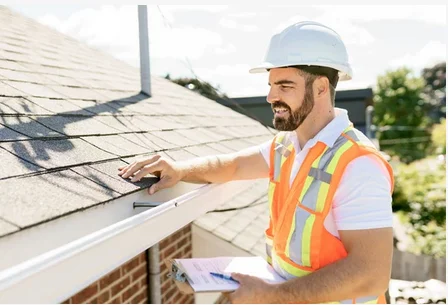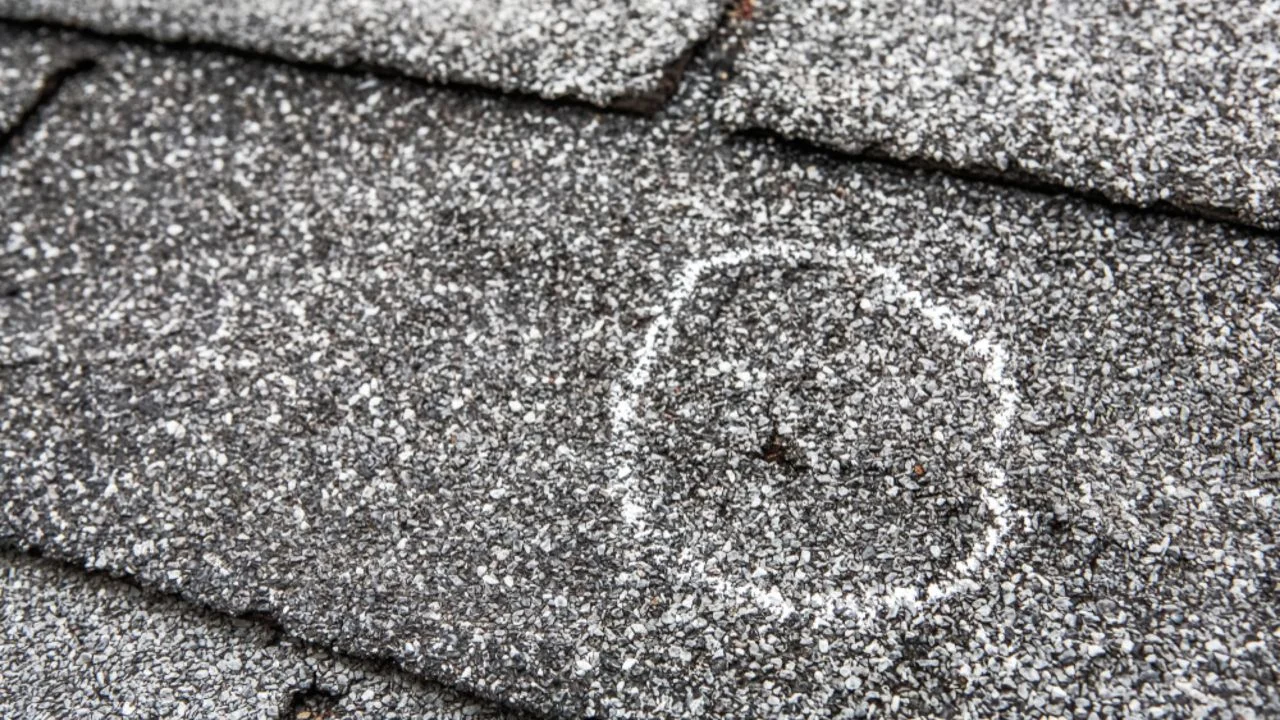Grant Construction & Roofing fully supports the Florida’s Alternative Dispute Resolution (ADR) process. The bottom line is this, with the ADR, homeowners can bypass the whole litigation process of the courts and even possibly avoid the legal fees that the homeowner has to pay out to the attorney. Below is a more comprehensive explanation of the ADR process.
In the aftermath of Hurricane Ian, Florida homeowners found themselves amidst the wreckage left by the storm, grappling with the daunting task of navigating insurance claims and seeking compensation for property damage. However, amidst the chaos and uncertainty, there shines a beacon of hope: the Florida Alternative Dispute Resolution (ADR) process. Rooted in a rich history of innovation and leadership, Florida’s ADR framework, overseen by the esteemed Supreme Court of Florida, stands as a testament to the state’s commitment to justice and fairness.
As the Supreme Court of Florida aptly notes, ADR processes provide litigants with viable alternatives to traditional litigation, offering a more expedient and cost-effective means of resolving disputes. The Court emphasizes that ADR “offers litigants court-connected opportunities to resolve their disputes without court intervention,” underscoring the importance of empowering parties to play a more active role in shaping the resolution of their disputes.
The history of ADR in Florida is one marked by pioneering efforts and landmark initiatives. As early as the 1970s, Florida began implementing mediation programs aimed at alleviating the strain on the court system and fostering more amicable resolutions to disputes. These initiatives laid the groundwork for the development of robust ADR mechanisms that continue to serve as models for jurisdictions across the country.
At the heart of the Florida ADR process lies the role of certified mediators, who serve as impartial facilitators of dialogue and negotiation. The Supreme Court of Florida, through the Dispute Resolution Center (DRC), oversees the certification and training of mediators, ensuring competency and adherence to ethical standards. Parties involved in a dispute, whether homeowners grappling with insurance claims or businesses embroiled in contractual disputes, have the autonomy to select a mediator with expertise relevant to their specific circumstances. This personalized approach enhances the effectiveness and credibility of the mediation process, promoting understanding and collaboration among stakeholders.
One of the primary advantages of the Florida ADR process is its ability to expedite resolution and minimize the financial burdens associated with traditional litigation. In the aftermath of a hurricane, homeowners are often confronted with the daunting task of navigating insurance claims and seeking compensation for property damage. However, the denial of claims by insurance companies and the ensuing litigation process can drag on for years, leaving homeowners in a state of limbo and exacerbating their financial strain.
Indeed, insurance companies’ denial of claims and the subsequent litigation process can often take up to seven years before a claim is resolved, subjecting homeowners to prolonged uncertainty and financial hardship. During this time, homeowners may be forced to endure mounting legal fees and administrative expenses, further compounding their losses. In contrast, the Florida ADR process offers a more streamlined and cost-effective alternative, allowing parties to bypass the complexities of traditional litigation and expedite the resolution of disputes.
The frustration experienced by homeowners caught in the quagmire of insurance claim disputes is palpable and widespread. Numerous cases have highlighted the plight of homeowners who have endured years of uncertainty and financial strain due to delays in the resolution of their insurance claims. One such case involves a Florida homeowner who, after filing an insurance claim for hurricane damage, found themselves entangled in a protracted legal battle with their insurance company. Despite submitting all necessary documentation and complying with the insurer’s requests, the homeowner faced repeated delays and denials, leading to mounting frustration and financial hardship. As the homeowner lamented, “It’s been a never-ending nightmare. We’ve been waiting for years for a resolution.”
The Supreme Court of Florida’s endorsement of the ADR process offers hope to homeowners like the one described above, providing a viable alternative to the arduous and time-consuming path of traditional litigation. By embracing mediation and other ADR mechanisms, parties can expedite the resolution of their disputes and avoid the delays and uncertainties inherent in courtroom proceedings.
Moreover, the confidentiality afforded by the ADR process allows parties to engage in candid discussions and explore creative solutions without fear of repercussion. Unlike the adversarial nature of litigation, mediation encourages cooperation and dialogue, fostering a more conducive environment for reaching mutually satisfactory agreements.
In addition to its cost-saving benefits, the Florida ADR process promotes fairness and equity by empowering parties to play an active role in shaping the resolution of their disputes. Unlike litigation, which can be dominated by legal maneuvering and courtroom tactics, mediation encourages parties to engage in meaningful dialogue and seek common ground. This participatory approach fosters a sense of ownership and investment in the outcome, leading to more sustainable and mutually satisfactory agreements.
Furthermore, mediation offers homeowners a faster and more efficient path to resolution, allowing them to avoid the delays associated with court scheduling and procedural formalities. By expediting the claims process, homeowners can focus on rebuilding their lives and restoring their properties in the aftermath of a hurricane. The collaborative nature of mediation often leads to more durable and satisfying outcomes, preserving relationships, and minimizing the risk of future disputes.
In conclusion, the Florida Alternative Dispute Resolution process, under the auspices of the Supreme Court of Florida, offers a ray of hope for homeowners grappling with the aftermath of Hurricane Ian and other natural disasters. By providing a structured and efficient means of resolving disputes outside of traditional litigation, ADR empowers parties to achieve timely and equitable resolutions to their insurance claims. As the Court affirms, ADR processes offer litigants the opportunity to navigate their disputes with greater flexibility, efficiency, and fairness. Through mediation and other ADR mechanisms, homeowners can find relief from the burdensome delays and uncertainties of traditional litigation, allowing them to focus on rebuilding their lives and communities in the wake of disaster.
At Grant Construction & Roofing, we can put you in touch with the proper, certified mediators who can (no guarantees) put you through this process to get your roof or other repairs completed quickly. [Understand that at Grant Construction & Roofing, we are not lawyers and are not qualified or able to give you legal advice, nor are we inferring that this article contains legal advice.]
Reference: The Supreme Court of Florida – History of ADR Mediation in Florida



